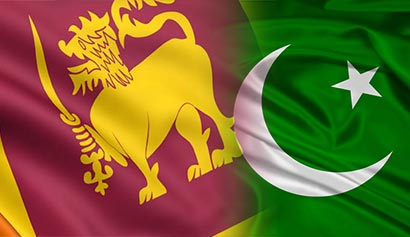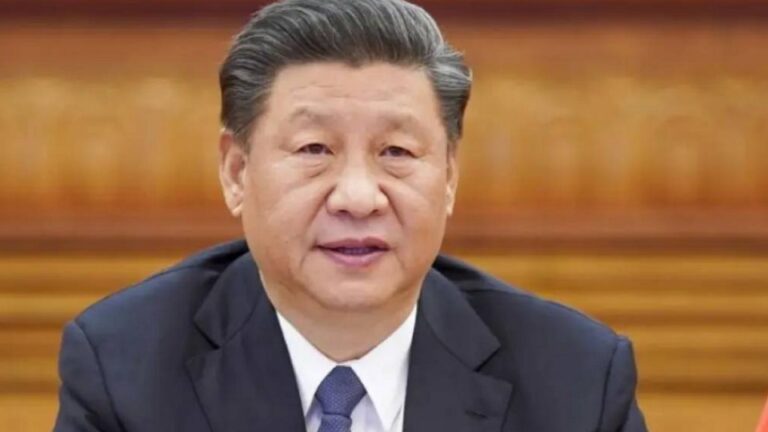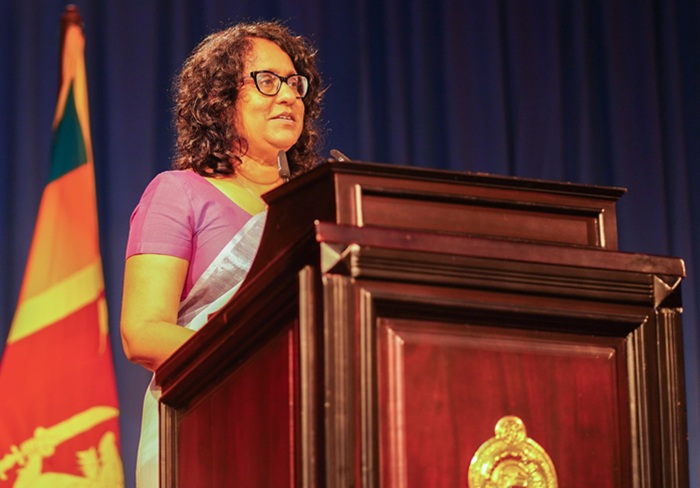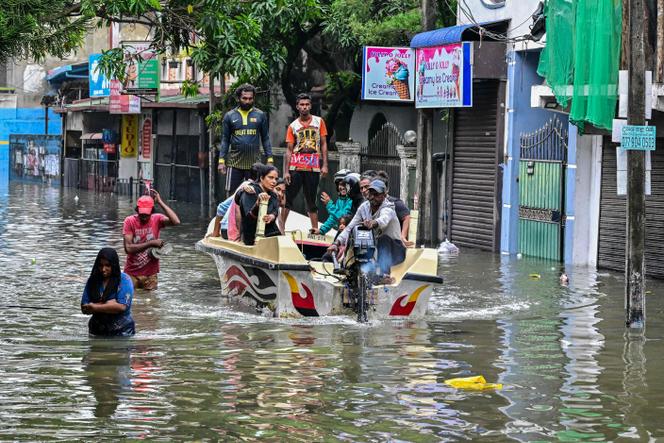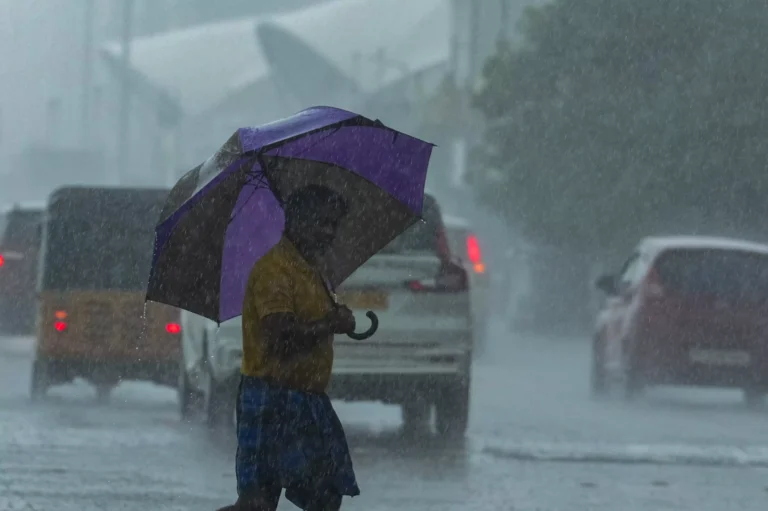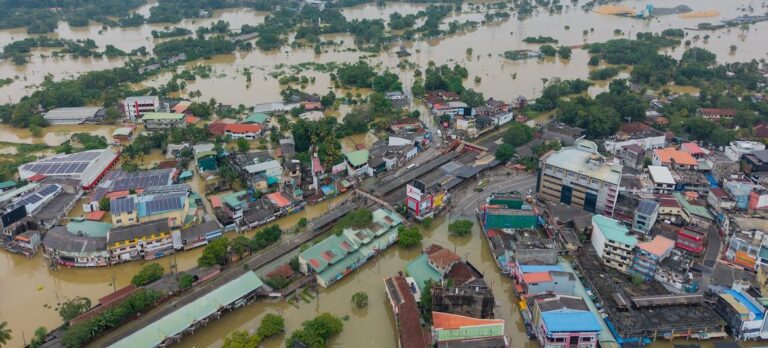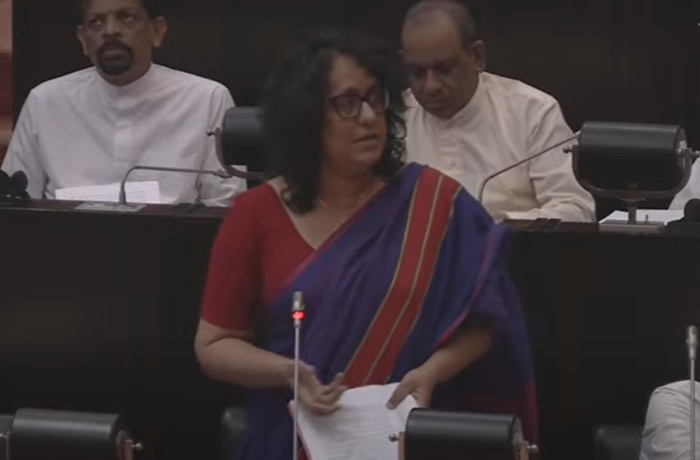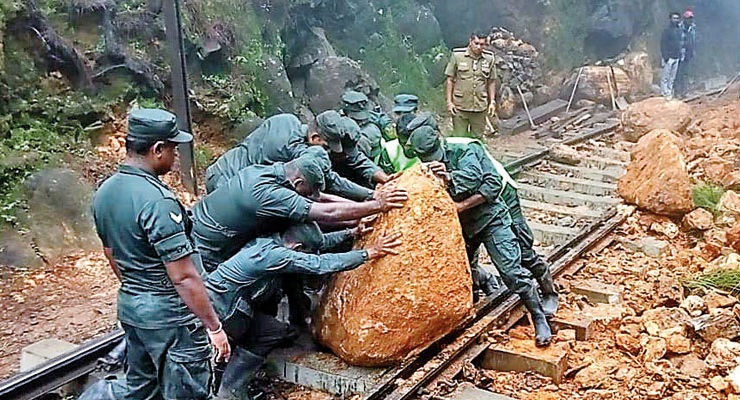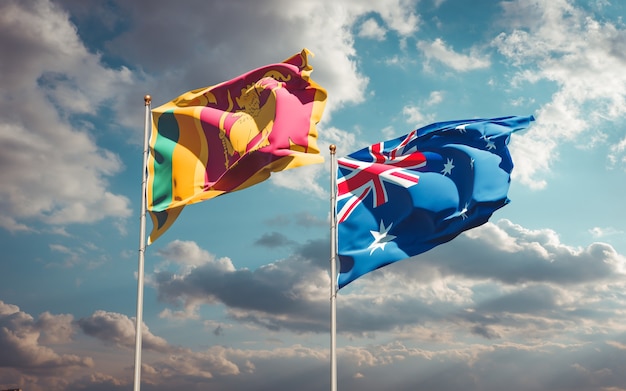Prime Minister Dr. Harini Amarasuriya expressed deep gratitude to the Tri-Forces, Police, public officials, volunteer organisations, the general public, and foreign nations for their unwavering support during the recent national disaster.
Speaking in Parliament, the Prime Minister stated that the Government is fully committed to assisting all citizens affected by the disaster to rebuild their lives, underscoring that the past few days marked one of the most severe crises in Sri Lanka’s history.
She conveyed condolences to those who lost loved ones, homes, businesses, and property, and acknowledged the extraordinary efforts made by public officials, members of Parliament, local authorities, and first responders who worked tirelessly in rescue and relief operations.
The Prime Minister also paid tribute to the heroic sacrifices made by individuals during rescue missions, including Wing Commander Nirmala Siyambalapitiya, who died in a helicopter crash during rescue operations in Lunuwila, and the five Navy officers who went missing while attempting to widen the Chundikulam lagoon outlet to mitigate flooding.
Dr. Amarasuriya extended appreciation to District Secretaries, Divisional Secretaries, Grama Niladharis, essential service providers, and institutions such as the Disaster Management Centre, Department of Meteorology, CEB, NWSDB, and telecommunications service providers for their rapid efforts to restore essential services.
Acknowledging the significant contribution of the health sector, the Prime Minister praised doctors, nurses, hospital staff, PHIs, midwives, and community health workers for their dedication during the crisis.
She also recognised the tireless efforts of volunteer groups, youth organisations, women’s groups, religious institutions, and communities who assisted affected families, highlighting the compassion and solidarity of the Sri Lankan people.
Dr. Amarasuriya further thanked foreign nations, international organisations, and Sri Lankans living abroad who extended assistance and solidarity during this difficult time.
Special appreciation was extended to the Ministry of Education, the Department of Examinations, principals, teachers, and staff who protected students, examination papers, and schools under extremely challenging conditions. She recalled the tragic incident where the Assistant Coordinating Officer of Talawakelle Sumanasara Maha Vidyalaya lost his wife and children in a landslide while he was on duty.
The Prime Minister emphasised the importance of restoring uninterrupted education and supporting the psychological well-being of students as a national responsibility.
Calling for unity in Parliament, she urged all Members to set aside political differences and work together to rebuild the country. She praised the patience and resilience shown by citizens despite power outages, food shortages, and severe hardships, describing their strength as the foundation of the nation.
Dr. Amarasuriya reiterated the Government’s commitment to helping all affected communities recover and rebuild, emphasising that the journey ahead—though difficult—must be faced with compassion, solidarity, and collective resolve.

